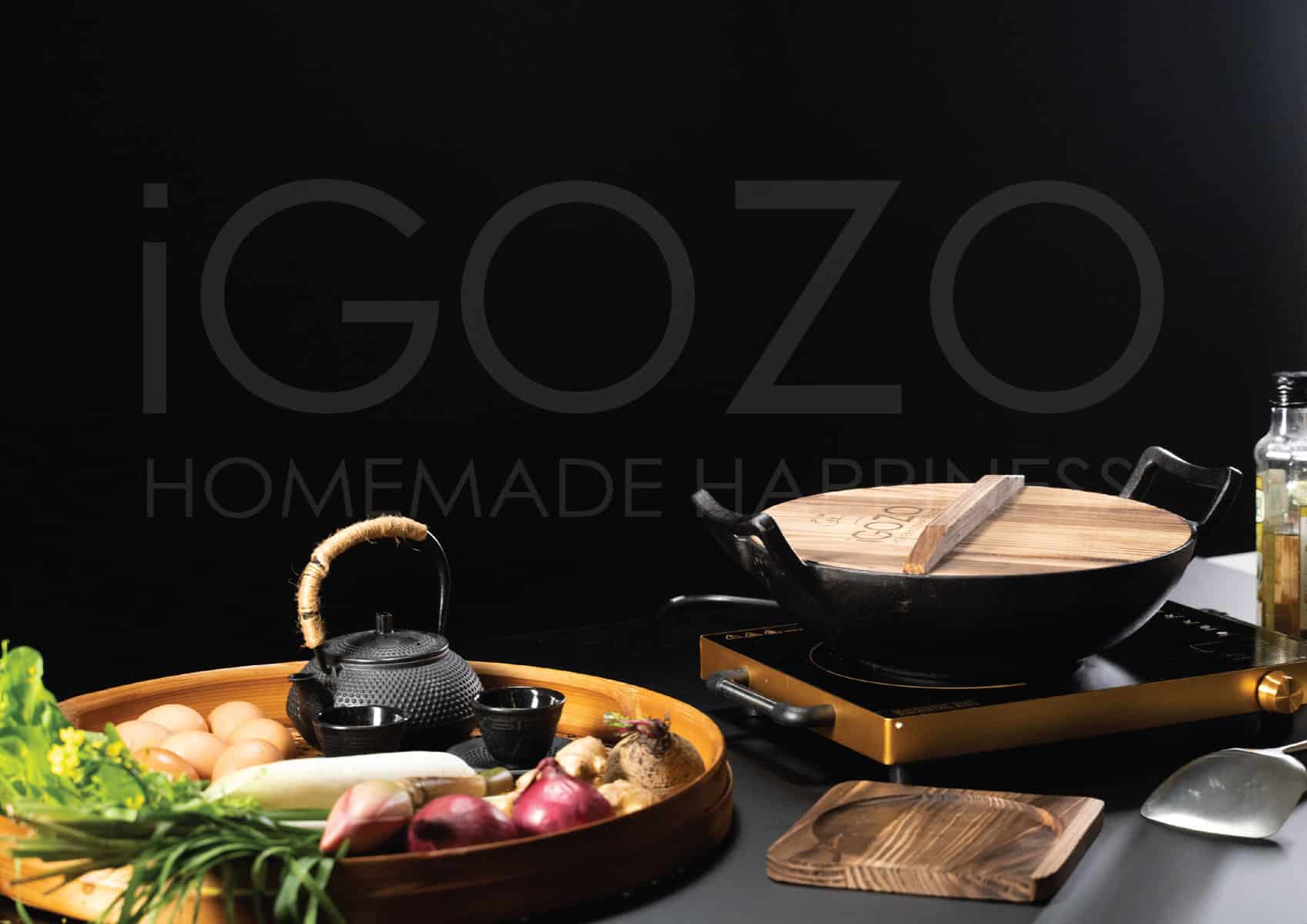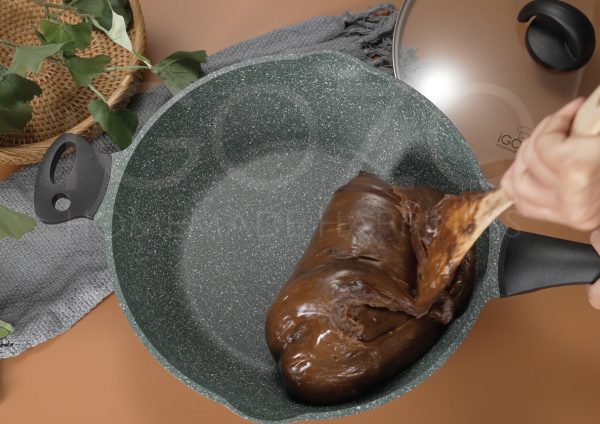In the realm of cookware, numerous options abound, with cast iron and non-stick emerging as top contenders. Each possesses its own set of merits and drawbacks, making it crucial to discern their disparities to select the ideal fit for your culinary requirements.
What is Cast Iron Cookware?
Cast iron cookware undergoes a process wherein molten iron is poured into a mold, followed by polishing and seasoning to form a non-stick surface. Renowned for its durability and heat retention, cast iron is favored for high-temperature and prolonged cooking tasks. Its versatility allows for usage on various heat sources, but its weight and seasoning upkeep demand special attention.

What is Non-Stick Cookware?
Non-stick cookware features a specialized coating, such as Teflon or ceramic, that inhibits food adherence. This coating is typically applied to a base material like aluminum or stainless steel, resulting in lightweight and easily cleaned cookware. Despite its convenience for daily use, non-stick cookware may lack the durability of cast iron and can be vulnerable to damage from high temperatures or metal utensils. Additionally, it may not impart the same flavor profile to food as cast iron does.

Pros and Cons of Cast Iron Cookware
Renowned for its durability and exceptional heat retention, cast iron cookware excels in preparing dishes demanding high temperatures or extended cooking durations.
Moreover, it imparts a distinctive flavor to food and is versatile, suitable for various cooking surfaces like stovetops, ovens, and campfires. Yet, its weightiness and maintenance demands, including rust prevention and seasoning upkeep, pose challenges. Additionally, it may have a longer heating time compared to non-stick alternatives.
Pros and Cons of Non-Stick Cookware
Celebrated for its user-friendly nature and effortless maintenance, non-stick cookware is favored for its minimal oil or butter requirements, appealing to health-conscious individuals. Its non-adhesive surface facilitates the cooking of delicate items like eggs and fish without the hassle of sticking.
Nonetheless, over time, the non-stick coating may succumb to scratching or peeling, potentially leaching harmful substances into food. Moreover, its incapability to withstand high temperatures and susceptibility to wear and tear pose durability concerns compared to cast iron.
Which Cookware is Best for You?
The choice between cast iron and non-stick cookware hinges on individual cooking requirements and preferences. Cast iron excels in high-heat cooking, searing, and browning, boasting durability that can span generations with adequate maintenance. On the other hand, non-stick cookware is tailored for delicate food preparation, necessitating minimal oil or butter. Nevertheless, it may lack the longevity of cast iron and pose risks of chemical release if scratched. Evaluate your culinary habits and priorities to determine the optimal cookware for your needs.

Conclusion
In the debate between cast iron and non-stick cookware, both offer unique benefits. Consider your cooking preferences and needs to choose the perfect option for your kitchen.




